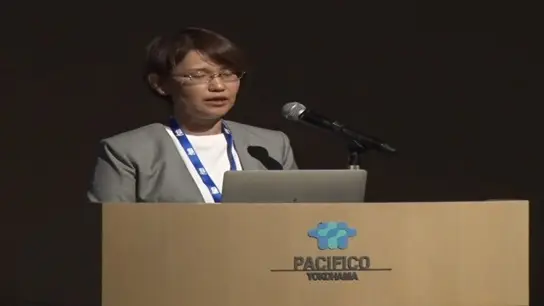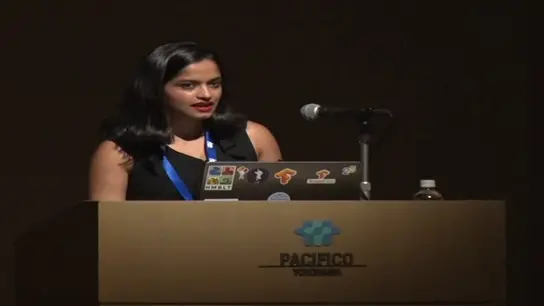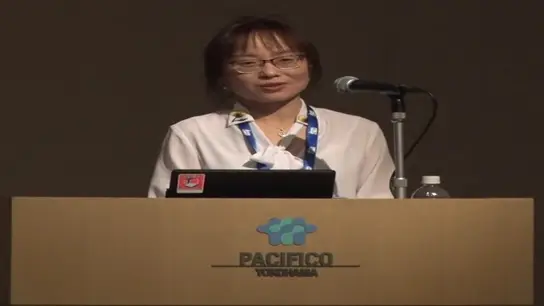Tutorial - Evolutionary Algorithms and Hyper-Heuristics
Nelishia Pillay, University of Pretoria,South Africa
-
Members: FreeCIS
IEEE Members: Free
Non-members: FreeLength: 01:46:11
18 Jul 2022
Nelishia Pillay, University of Pretoria,South Africa
ABSTRACT: Hyper-heuristics is a rapidly developing domain which has proven to be effective at providing generalized solutions to problems and across problem domains. Evolutionary algorithms have played a pivotal role in the advancement of hyper-heuristics and is continuing to do so. The aim of the tutorial is to firstly provide an introduction to evolutionary algorithm hyper-heuristics for researchers interested in working in this domain. An overview of hyper-heuristics will be provided including the assessment of hyper-heuristic performance. The tutorial will examine each of the four categories of hyper-heuristics, namely, selection constructive, selection perturbative, generation constructive and generation perturbative, showing how evolutionary algorithms can be used for each type of hyper-heuristic. A case study will be presented for each type of hyper-heuristic to provide researchers with a foundation to start their own research in this area. The EvoHyp library will be used to demonstrate the implementation of evolutionary algorithm hyper-heuristic. A theoretical understanding of evolutionary algorithm hyper-heuristics will be provided. A new measure to assess the performance of hyper-heuristic performance will also be presented. Challenges in the implementation of evolutionary algorithm hyper-heuristics will be highlighted. The tutorial will also examine recent trends in evolutionary algorithm hyper-heuristics such as transfer learning and automated design. The use of hyper-heuristics for the automated design of evolutionary algorithms will be examined as well as the application of evolutionary algorithm hyper-heuristics for the design of computational intelligence techniques. The tutorial will end with a discussion session on future directions in evolutionary algorithms and hyper-heuristics.


